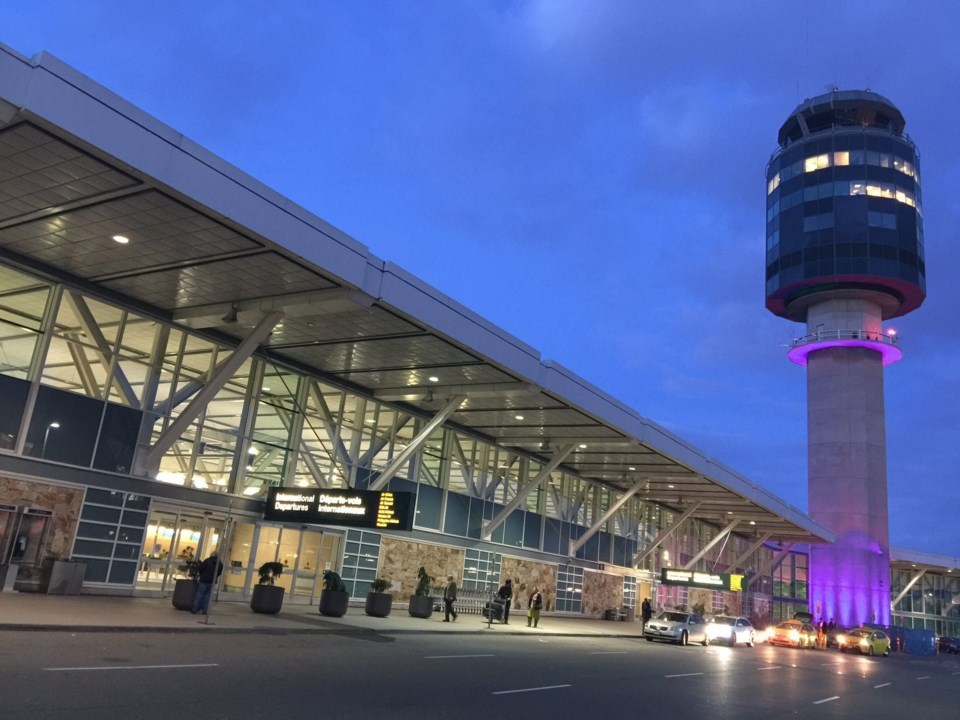Health officials have confirmed a second person who travelled through Vancouver International Airport last week has measles.
Glacier Media confirmed with Vancouver Coastal Health (VCH) on Feb. 19 there is a secondary case.
The second confirmed case comes after a warning to the public on Feb. 15 about the first case of measles in the Lower Mainland.
A person living in the Fraser Health area travelled abroad to Southeast Asia and acquired the infection. The individual was on Air Canada flight 66 arriving in Vancouver from Bangkok, Thailand, on Feb. 11.
A VCH spokesperson said the secondary case involves an individual, a resident of Vancouver Coastal Health, who was travelling within the same group as the first confirmed case.
Health officials are watching to see if the disease is spreading locally, but do not believe that it is happening.
Fraser Health and Vancouver Coastal Health are following up directly with people known to have been exposed to the virus.
People on the Air Canada flight or anyone who spent time in the international arrivals area of YVR, including customs or baggage claim, between 7 and 9:30 a.m. on Feb. 11 also may have been exposed.
Due to a high measles vaccination rate in B.C., the confirmed cases are often coming from people who are travelling, and not from it spreading locally.
“We do track it carefully in public health [and] we alert people who are contacts,” said the spokesperson.
VCH said there have been no other recent cases in B.C. and no local transmission; however, there has been a recent increase in measles activity in the U.S, in other parts of Canada and around the world.
Symptoms of measles
Measles is spread through the air when an infected person breathes, coughs or sneezes.
Symptoms of measles include fever, cough, runny nose, and red and inflamed eyes that are often sensitive to light.
These symptoms are followed by a rash, which starts first on the face and neck and spreads to the chest, arms and legs. The rash lasts about four to seven days. There may also be small white spots inside the mouth.
Symptoms can start as soon as seven days after a person is infected with the measles virus, according to health officials.
To stop the spread of measles, people who have the disease should stay home for at least four days after the rash first appears, wash their hands regularly, cough or sneeze into a tissue and do not share food, drinks or kiss other people.
People at risk of getting measles are those who have not had two doses of a measles vaccine and never had measles disease.
Anyone who develops symptoms is asked to contact their health-care provider.



